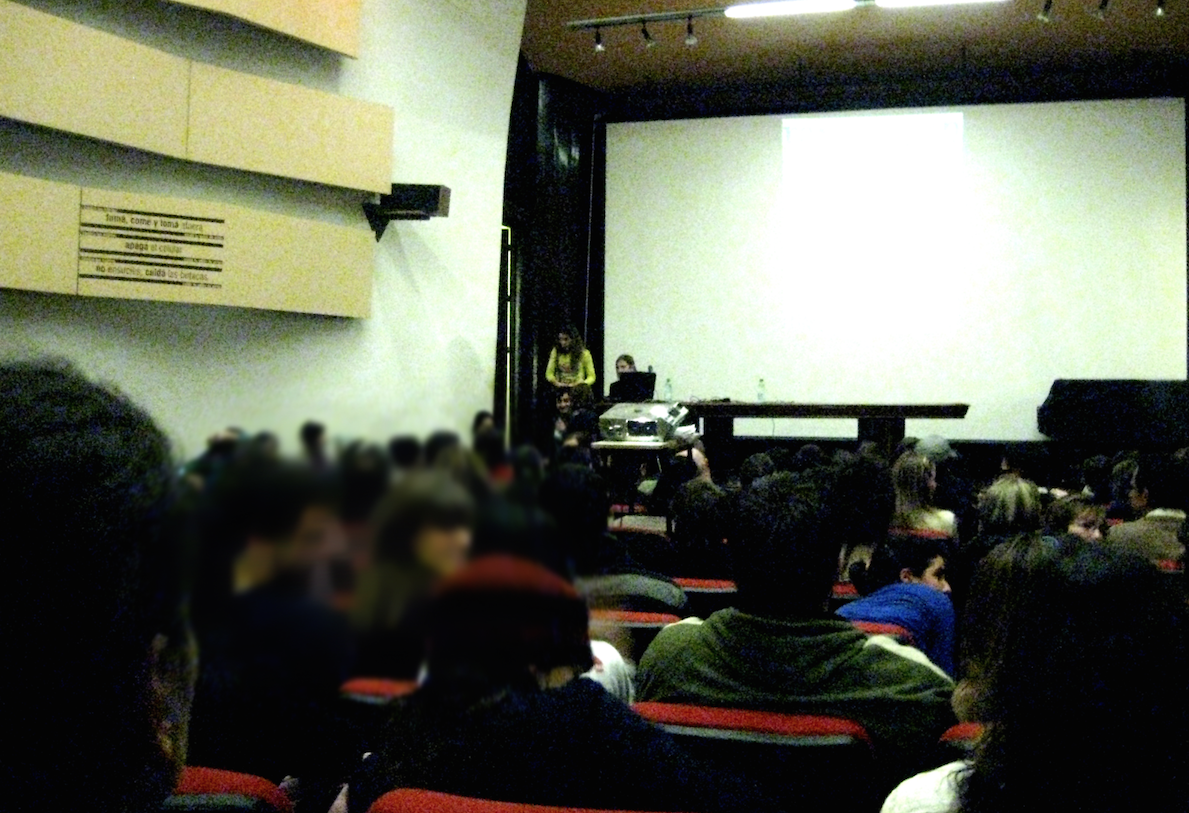
What’s the Point?
Recently my best friend and I met up for our first guys’ night out of the year, after eating…
February 4, 2020
Recently my best friend and I met up for our first guys’ night out of the year, after eating…
February 4, 2020
“I have done as you have commanded.” Ezekiel 9:11 (NIV) In our passage, the man with the writing kit…
January 3, 2020
When we consider various markets for our magazine writing, often we neglect the market right before our eyes—the inspirational,…
July 13, 2017
The Light of the World. The Chronicles of Narnia. The Chick-Fil-A Cow. Believe it or not, the aforementioned have…
July 5, 2017
When writing a speculative fiction novel, determine what the things of value are in your world. Water, food, shelter-building resources,…
February 7, 2016
I’ve been to many writers conferences and even serve on the planning committee of one event, and I always…
August 1, 2015
Atheists believe all creatures evolved over countless millennia of bloodshed, allowing only the fittest members of a species to…
July 3, 2015